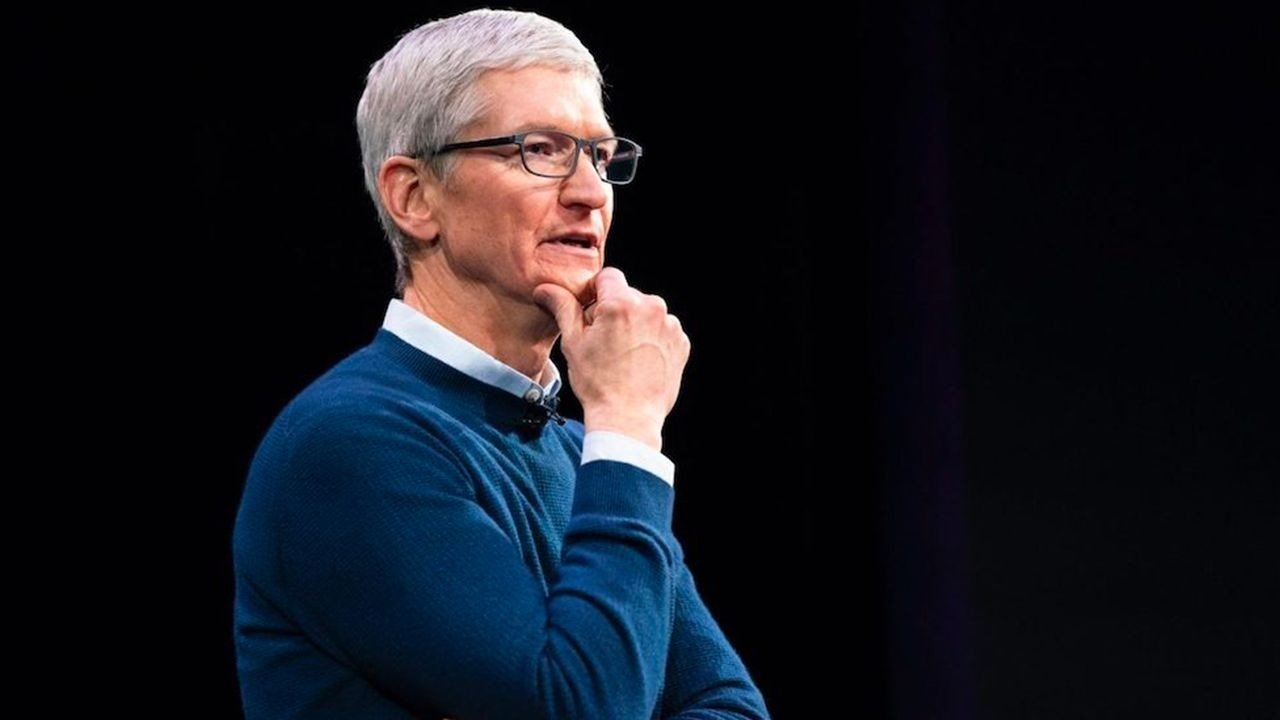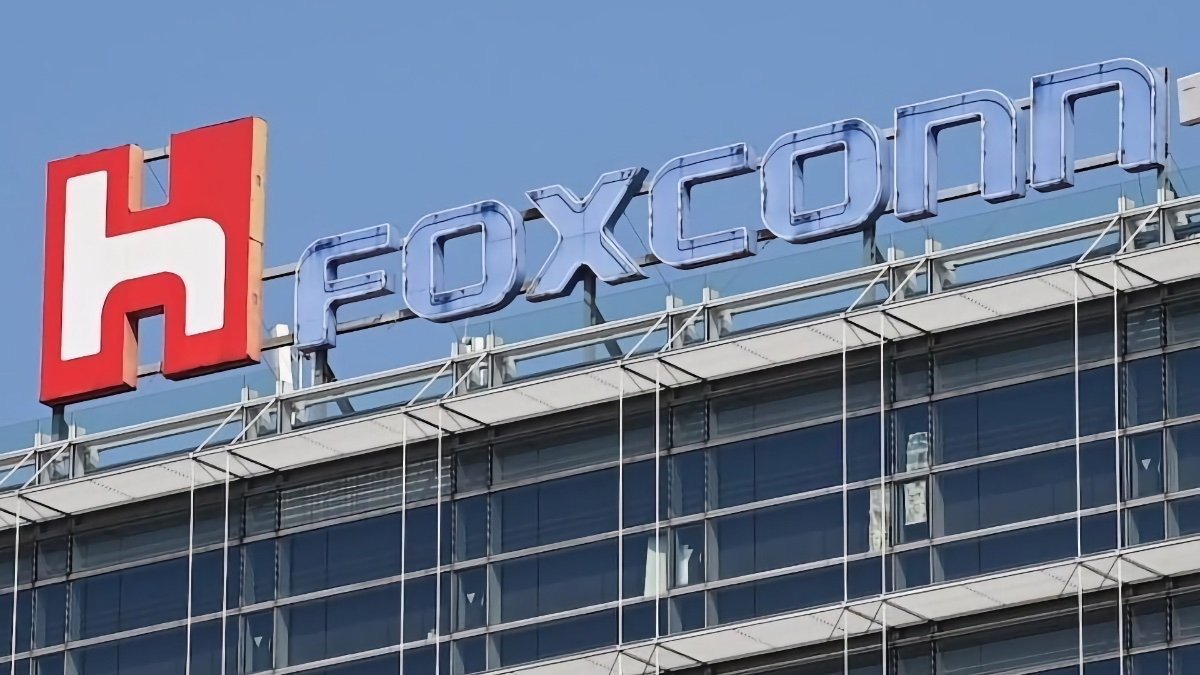Apple's fight with Trump's tariffs will shift the cost to customers
Ming-Chi Kuo's Apple commentary is normally fairly insightful, but his latest batch on how Apple can shoulder President Trump's tariff burden is short-sighted, and doesn't make a great deal of sense.

Apple CEO Tim Cook
Analyst Ming-Chi Kuo recently outlined how the company could respond to a new wave of U.S. tariffs targeting hardware assembled in China, India, and Vietnam. The new policy imposes tariffs of 54%, 26%, and 46% on goods from China, India, and Vietnam, respectively.
However, Kuo's analysis glosses over some incredibly major obstacles.
Raising prices is likely
Kuo claims Apple could avoid the worst of the tariff impact by shifting more production to India and Vietnam or leaning on other cost-saving tactics. But they won't eliminate the financial pressure, and that makes price hikes far more likely.
If Apple doesn't raise prices, Kuo claims it could lose up to 9% of its gross margin. But no matter how the company responds, customers ultimately bear the cost.
With 85-90% of Apple's hardware assembly based in China and the rest in India and Vietnam, the Trump administration's new tariff policies-- imposing 54%, 26%, and 46%, respectively-- will significantly raise costs for hardware exports to the US. If Apple keeps prices unchanged, its overall gross margin could significantly drop by an estimated 8.5-9%.
-- (Ming-Chi Kuo) (@mingchikuo)
One scenario is that Apple holds prices steady and absorbs the margin hit. But that's a short-term strategy at best. Apple's shareholders expect returns, not sacrifices.
A margin drop of 8.5 to 9% isn't sustainable for the investor crowd. Apple is likely to raise prices eventually, even if it does so as quietly as it can, despite most of its releases getting major media attention.
Apple can't escape tariffs
Another strategy involves shifting more production to India and Vietnam. While these countries have some ties with the U.S., Trump has made it clear there won't be exemptions.
That means Apple could face steep tariffs no matter where it moves production. Both countries have deepened trade ties with the U.S., making them more favorable in ongoing economic agreements.
Shifting production to those countries could reduce the margin hit to 5.5 to 6%, or even just 1 to 3% if production in India scales up dramatically. But setting up or expanding manufacturing infrastructure is expensive.
Passing the buck to customers
Apple isn't going to eat that cost, at least not in the long term. It will be passed along, even if disguised as price adjustments or reduced product value over time.
Kuo also mentions more consumer-facing strategies, like boosting carrier subsidies and quietly cutting trade-in discounts. While these might make new iPhones look cheaper, the actual cost can be higher.

Apple might also lean harder on its suppliers, pressuring them to cut costs
Carrier subsidies often come with pricier plans, longer contracts, and more restrictions. Lower trade-in values mean customers get less for their old devices, which is another way Apple shifts the financial burden back to the buyer.
The company might also lean harder on its suppliers, pressuring them to cut costs. That sounds painless on paper, but it rarely is.
Suppliers under pressure may cut corners, delay support, or pull back on innovation. Quality and reliability can suffer. When that happens, it's the customer who pays for repairs, replacements, or warranty fights.
Even if Apple's margins dip below 40%, the bigger risk is an economic slowdown. As seen during the 2019 tariff battles and COVID supply issues, consumers may delay upgrades, leading to slower sales.
In the end, Apple's business resilience depends on its ability to shift pressure downward. It may delay, disguise, or redistribute costs, but customers are still the ones paying.
Read on AppleInsider

Comments
That made me laugh really hard. For one Apple has ridiculous gross margins, more than pretty much any other company in the world, a reduction may not be great but "not sustainable"?!? GTFO. The other neglected part here (as usual, US people only know/care about 'murica): the US is the largest regional market, but the rest of the world is still larger and not affected by the tariffs.
I've said this since her first announced the tariffs. He knows precisely the effect they have, and he was planning on it so that he and his cronies will profit. His base swallows the "protect American business" line like a pig swallows slop.
Our future could look like Cuba where there are no new vehicles for the populace, home power is intermittent and food supplies could be problematic for the urban folks.
Folks with acerage in areas where there is rain could grow their own produce and have a few pigs, chickens and cows and survive.
Connect the dots folks. Dictatorships were spared tariffs. One especially appears to be a bed fellow for Agent Orange.
Is the US subsidising Australia? The UK/US submarine deal is estimated to cost them 280 billion dollars over the next few decades (likely a LOT more). India? Russia? China? Brazil? China is already there but the other three will be moving swiftly up the ladder of competition.
The US pretty much depends on 'dollar hegemony'. The US wants to 'control' everything. It thinks it can dole out unilateral sanctions on sovereign nations. It wants military bases everywhere. It wants to 'interfere' everywhere. Much of this has been going on for decades and administration official are very open about admitting it.
The 'rest of the world' hasn't ever liked this but politics and diplomacy (and financial interest) have allowed things to continue unchanged (for better or worse).
The US 'subsidising' the rest of the world? It's far more complex than that. Those bases are not there for our security. They are there as strategic assets for the US.
Trump claims the US takes more imports from the EU than the EU takes from the US and says the EU rules are 'unfair'. Even VAT is unfair!
The rules are clear and in the case of foodstuffs for example or agricultural items, a lot of US food doesn't pass the regulations for sale in the EU anyway. VAT isn't something the US should be pushing sovereign nations to change.
A recent speech by JD Vance saw him admit that he thinks the US should sit atop the 'value chain'. Everyone else needs to be below, but China, according to him, after long dominating the lower tiers (where the US was very happy with that), has now found a space in the top tier right alongside the US. As a result, the US is being 'squeezed out' (in his own words).
This is something the US finds hard to accept, and for the Trump administration in particular, is totally unacceptable, so now it's 'breaking legs' in an attempt to force foes and allies into submission. It will backfire. In fact it's been backfiring for years. It only competes if it will win. If it can't win it will kill the game. That is how Trump thinks and works.
Trump's first term saw him repeat the 'not on my watch' line but change was already underway during his first watch, the Biden years and now back on his second watch.
Nothing can change that, but just as his foolish actions first time around saw China accelerate its plans, his actions now (Ukraine, Russia, EU, NATO...) have destroyed trust and thrown a deliberate spanner into the economics of globalisation and complex global supply chains. That of course will also impact domestic supply chains. Apple takes a direct hit and is hit by collateral damage (Chinese patriotism for example and anti-American sentiment in general).
There is no going back now and his rhetoric on Gaza, Canada, Panama Canal, Greenland etc (with authoritarian leanings) is just cementing his position as someone who cannot be trusted.
China has been reducing its US debt holding. De-dollarisation is happening, BRICS+ and digital currencies are getting a lot of attention. Allies are looking out for themselves now.
The US is in its current state because it put itself into its current state. It pushed for profit and put that profit into the hands of the rich.
It was comical to hear Vance complain about US shipbuilding efforts in that same speech when compared to the rest of the world (China again, obviously) when we know that shipbuilding isn't a profitable business and is also risky. It's one of the reasons the US doesn't really have a shipbuilding industry.
And it is ironic that he speaks of 'value' and then completely ignores the value gained from allies (beyond the hard numbers in trade deficits and whatnot). But then again allies are there to be Trumped on I suppose!
And now you seem to think the US is subsidising the world!
But the so-called allies might just have had enough. We'll see on that point but here is a representative of Canada yesterday (Ralph Goodale, the high commissioner for Canada in the UK).
“The action taken by the US government is completely illogical. It will damage the United States itself. It will raise costs in the United States. It will eliminate jobs in the United States, it will reduce growth in the United States and we have to make it abundantly clear not just that that is going to happen rhetorically, but the US has to feel the pain, because ultimately it will be Americans who will persuade their government to stop this foolishness.”
The new sheriff is shooting from the hip but what will happen when runs out of bullets? And how many of those bullets are punching holes in allies and the US alike?
All this, in how many weeks?
The bridges are burning while the president works on his swing. You can only rock the boat so much before it capsizes.